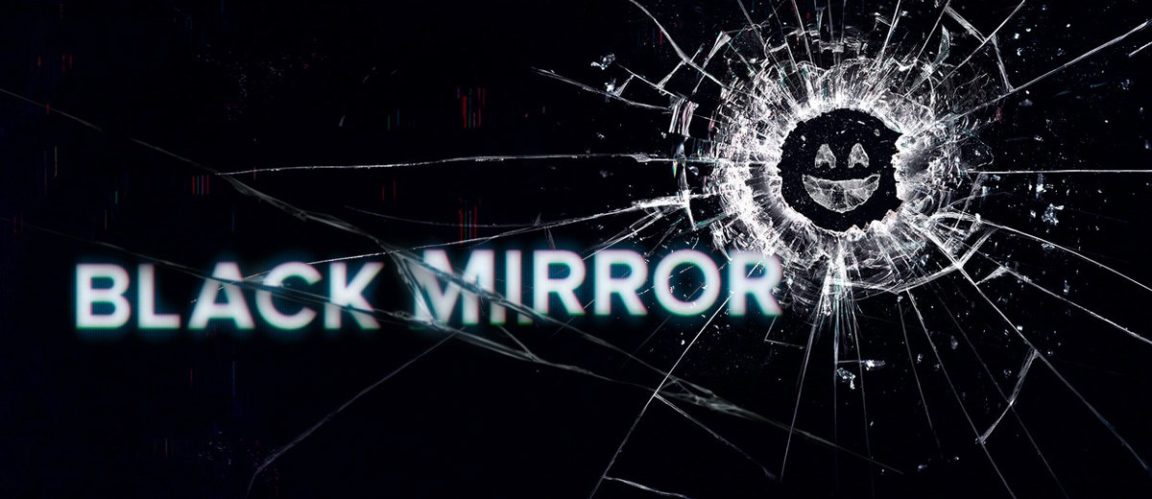It is one of Netflix’s most popular TV shows. Focusing on the world of tomorrow, Black Mirror shows audiences the horror that can stem from our technological advancements. Earlier episodes (each episode is its own story; they are stand-alone) such as “White Bear,” “Fifteen Million Merits,” and “White Christmas” are peak television. In the past two seasons, however, it seems as if a dip in quality has ensued. Why is this, and can Black Mirror return to its peak?

One reason why Black Mirror has taken a dip in quality is its desire to cater to its fans. By starring pop star Miley Cyrus in an otherwise non-noteworthy – and very un-Black Mirror-like – episode, producers showcased this desire. Shows can lose their way when they take fan consideration too far. Game of Thrones is the poster child for this phenomenon. What made earlier Black Mirror episodes so fantastic was the complete devastation that one felt at the end of the majority of them. Some episodes had name actors – Jon Hamm in “White Christmas” – but the difference is the episode didn’t care that Hamm was in it; his position was important due to the character, not the actor. Miley Cyrus’ episode felt like it was all about Miley Cyrus. It is issues such as this one that have plagued Black Mirror in later seasons.
Secondly, the stories have become… predictable? In earlier episodes – “White Christmas,” “White Bear,” and the utterly devastating “Shut Up and Dance” – the viewer is left shocked by the ending. Everything they thought they knew is blown out of the water; the characters they thought they were rooting for become murkier. Newer episodes simply haven’t tapped into this, and it makes the show more predictable. Perhaps they are running out of ideas? “Smithereens,” for example, is about as predictable as they come. It is very, very un-Black Mirror-like, and it ends in a way that nearly anyone could have predicted about ten minutes into the episode.

If this was the Black Mirror of yesteryear, something major that the viewer overlooked would have been brought forth at the end of the episode, changing its entire complexion. Look no further than “Shut Up and Dance” for this. However, in “Smithereens,” nothing revolutionary really happens. It just feels as if the viewer is watching 70 minutes of a tense thriller. It doesn’t make one think. And that is the anti-Black Mirror.

In this reviewer’s opinion, Black Mirror is running out of stories to tell. It has accurately predicted a few noteworthy technological advancements, plus its episode “The Waldo Movement” serves as a scary foretelling of American politics in 2016 and beyond. If Black Mirror is going to continue to release new episodes, it needs to get back to its roots. Stories of technological advancements that can completely alter lives, and not for the better.
Because right now, Black Mirror is a shell of its former self. And that’s sad to see.




